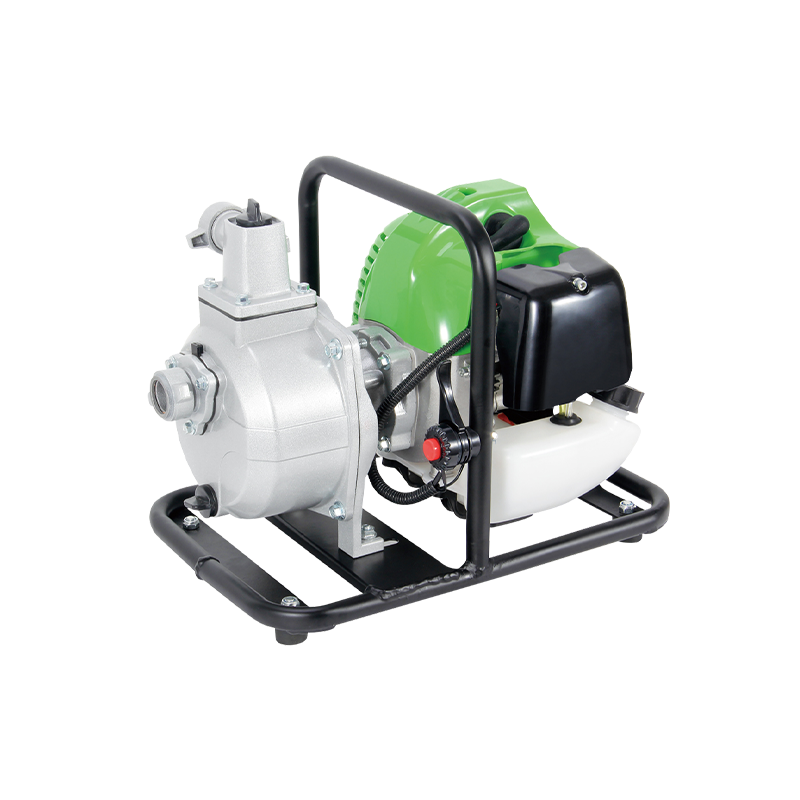Efficient water management is fundamental to successful agriculture, especially as farmers face increasing challenges related to climate change, water scarcity, and the need to boost crop yields. Among the essential tools driving agricultural productivity today are agricultural irrigation gasoline water pumps—robust, portable, and highly effective devices that enable farmers to access and distribute water for irrigation even in remote or off-grid locations.
As global food demand rises and the agricultural sector intensifies, gasoline-powered water pumps continue to play a crucial role in ensuring reliable irrigation, promoting sustainable water use, and supporting diverse farming practices around the world.
The Critical Role of Gasoline Water Pumps in Agriculture
Irrigation pumps powered by gasoline engines are widely used in agriculture because of their mobility, power, and independence from electric grids. These pumps are indispensable for delivering water from rivers, lakes, wells, or reservoirs to fields, helping maintain soil moisture during dry spells and optimizing crop growth.
Flexibility for Remote Locations
Many farms, especially in developing regions or vast rural areas, lack access to stable electricity supplies. Gasoline irrigation pumps provide a reliable solution that can operate wherever fuel is available, making irrigation feasible in off-grid and hard-to-reach zones.
Powerful and Efficient Water Delivery
With engine sizes ranging from small portable units to large high-capacity models, gasoline pumps can handle various irrigation needs—from watering small vegetable plots to supplying large-scale paddy fields or orchards. Their high flow rates and pressure capacities ensure water is distributed evenly and efficiently.

Support for Diverse Irrigation Systems
Gasoline water pumps integrate seamlessly with drip, sprinkler, furrow, or flood irrigation methods, offering farmers versatility in managing water use tailored to crop type, soil conditions, and climate.
Features and Benefits of Agricultural Irrigation Gasoline Water Pumps
Robust Engine Performance
agricultural gasoline water pumps are equipped with reliable four-stroke or two-stroke engines designed for heavy-duty operation. These engines deliver consistent power, enabling continuous pumping even in challenging environments.
Portability and Ease of Use
Lightweight frames, built-in handles, and compact designs make it easy for farmers and irrigation workers to transport pumps across fields. Quick assembly and simple controls allow for rapid deployment when water is urgently needed.
Durability and Weather Resistance
Constructed with corrosion-resistant materials such as aluminum alloy and stainless steel, these pumps withstand harsh outdoor conditions including dust, mud, and varying temperatures. This durability reduces maintenance costs and downtime.
Fuel Efficiency
Innovations in engine design and fuel management have improved the fuel efficiency of gasoline pumps, helping farmers reduce operational expenses and environmental impact.
Technological Innovations Driving the Sector Forward
The agricultural irrigation gasoline water pump industry is embracing technological advancements to meet evolving agricultural demands and environmental concerns:
Low-Emission Engines
With growing environmental regulations, manufacturers are developing engines that comply with strict emission standards, reducing pollutants without compromising power or performance.
Smart Monitoring Systems
Integration of sensors and IoT (Internet of Things) technology allows real-time monitoring of pump operation, water flow, and fuel consumption. Farmers can remotely control irrigation schedules, optimize water usage, and detect maintenance needs early.
Hybrid Fuel Options
Some models now offer dual-fuel compatibility, enabling operation on gasoline or cleaner biofuels. This flexibility supports sustainability goals while maintaining pump reliability.
Economic and Environmental Impact
Agricultural irrigation gasoline water pumps contribute significantly to the economic viability of farms by enhancing water accessibility and boosting crop yields. Reliable irrigation reduces crop failures caused by drought and uneven rainfall, ensuring food security and farmer livelihoods.
Environmentally, these pumps facilitate more precise irrigation practices, reducing water wastage and promoting soil health. By enabling controlled water application, they help mitigate issues such as salinization and nutrient leaching that result from over-irrigation.


 English
English русский
русский Español
Español عربى
عربى









